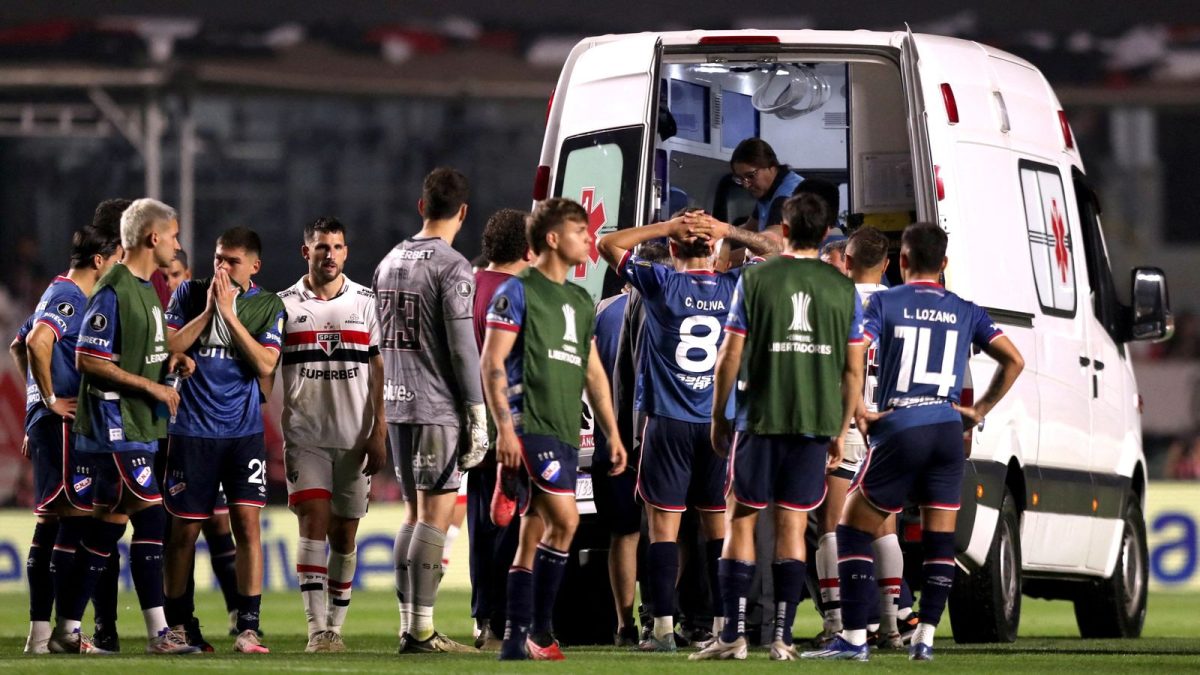Mental Stress Continues to Pile Up for Granada Students
December 13, 2021
As the scars 2020 left upon the public have finally started to heal, new COVID variants are threatening the lives of millions, once more. While there is still uncertainty as to what this will mean for the American economy, as well as the U.S. health system, it is undoubtedly certain that these threats will be increasing the level of mental stress society faces. For students at Granada high school this may or may not be the breaking point.
Many fall sport participants have been rolled off into their off-season break, but for athletes like Chris Pearce, stress increases continually. As a current senior at Granada, Chris is wrapped up in the midst of college applications. When asked about colleges, he stated he was applying to “all of the UC’s, a couple of CSU’s, [a few] on the east coast, Cal Tech, Stanford, Santa Clara, and UW.” Chris, like many others currently applying for college, continues to get hit, wave by wave, in the sea of deadlines and work.
College applications are not the only issue, though. Sonia Fletcher, a senior on the varsity girls basketball team, states that her AP homework alone takes nearly 2 hours. Being an athlete, this can often combat with her practice and game schedule. As a varsity basketball player, game days for her are filled, minute to minute. In a quick interview, Sonia stated that “on game days, [the team has] a shootaround in the morning at 7:00 AM.” Once she is out of school, Sonia goes home and attempts to get all of her homework done. Regardless of if homework is done or not, she then leaves for her game, always arriving at least an hour early. Once the game is over, she makes her way back home, simply to finish up any homework before going to bed. With practices to follow every Saturday, as well as practices during winter break, thanksgiving break, etc., athletes like Sonia continue to build stress without a proper resting period.
Younger students seem to be facing similar challenges. Joe Viri, a freshman at Granada High School, has been hit particularly hard by the weight of high school induced mental stress. As a first year high school football player, and a fourth year volleyball player, Joe is learning how to maintain a healthy life balance. When recollecting game days from this previous football season, Joe stated that he would “get home really late around 8-9, so if [he] had homework that day [he] would usually set it aside and do it the next day.” Schedules like this are common with student athletes, and it is unknown how long these athletes can continue on before they crack under the pressure.
The stress placed on students is not overlooked by parents either. Mike McCafferty is a teacher at Granada high school, as well as a father to three daughters. With his oldest being a Granada freshman, Mr. McCafferty has seen first-hand the effects of mental stress at home. When asked if he saw an increased level of stress felt by his daughter, he stated, “this trimester, yes, because her schedule is much more difficult.” With newer, more intense courses, Mr. McCafferty found that his daughter has been spending more time on homework. For his daughter, this means staying up late and sacrificing an hour or two of much-needed sleep. While he has not seen much of it yet, it is expected that this lack of sleep will lead to fatigue, change in demeanor, and inevitably a change in family dynamic. Mental stress continues to build for students, and has begun to affect their personal lives.
The blame is not all to be placed on our teachers though. While it is true that some teachers assign more work than others, at the end of the day, all teachers are simply following the curriculum provided to them. Elizabeth Watson, a current AP Language and Literacy teacher at Granada, states that while she tries to keep homework short and meaningful, it is simply unavoidable due to the trimester system used by the district. While it is important for teachers to respect their students’ time outside of school, Watson finds it to be equally important for students to realize and respect the genuine purpose of homework provided to them. She simply stated, “if students realize the reason and importance of assignments they are asked to do as homework, it can help build respect and make students more likely to do the assignments.” It is easy to place the blame of mental stress on teachers, but it is important to remember that they have obligations to teach certain parts of their curriculum, and only a few short weeks to do it.
The student body at Granada high school has dealt with immense amounts of mental stress for weeks. The seniors find themselves drowning in the endless sea of college applications, while our athletes are living day by day, minute by minute. Even the youngest students at Granada are facing similar stress and workload problems. Parents are beginning to see the stress affect their children. Our teachers work hard to lighten the load placed on students’ shoulders, but even they have requirements they have to meet. At what point does the student body begin to fall apart? The rising generation is beginning to crack, and with no changes to the mental stress students are facing, they will shatter.





























